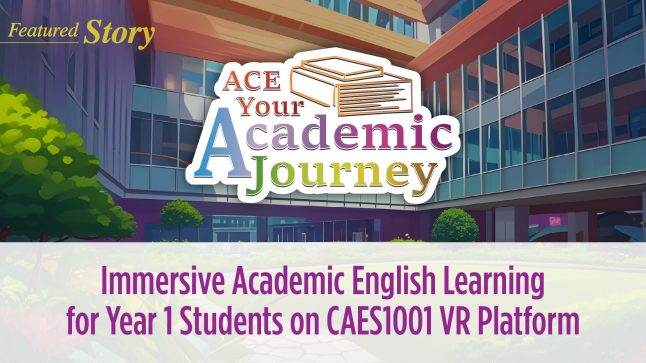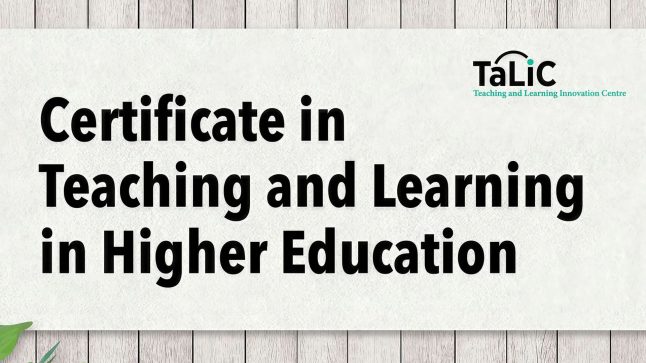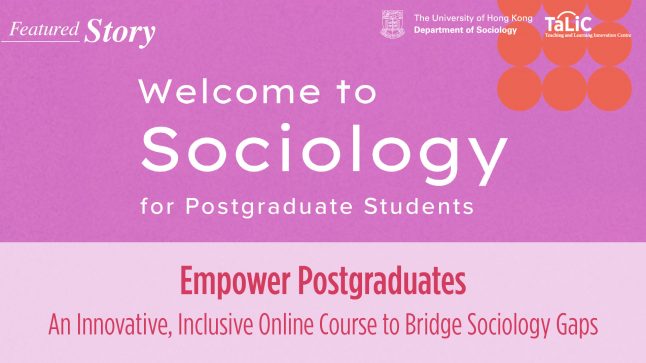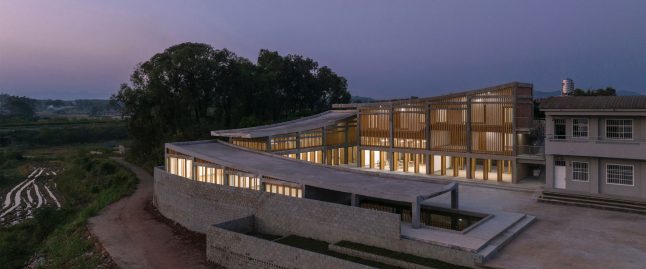
Message from Faculty of Education (Research Office)
Cultural Content Knowledge (CCK) and its impact on Teaching
Professor Igal Galili
The Amos de-Shalit Science Teaching Center
Faculty of Mathematics and Natural Sciences
The Hebrew University of Jerusalem, Israel
12:45 – 14:00
Room 401-402, Meng Wah Complex, HKU
Abstract:
Physics knowledge, as a subject matter of a regular curriculum, is often presented as an amalgam of topics backing in various physics theories (classical mechanics, thermodynamics, electromagnetism, relativity, quantum mechanics) without recognizing this fact and the different and often mutually contradicting conceptual basis of knowledge elements. Physics knowledge emerges, thus, all inclusive, as if a homogeneous framework, despite the inherent incoherence. Moreover, physics curriculum often ignores any but unique account for a particular concept. I will argue that this content does not adequately represent physics knowledge, is often ineffective and suggest an alternative organization – a cultural one. The latter might be presented as a family of somewhat similar fundamental theories. Each theory may be organized in a triadic structure: nucleus (basic principles), body (elements derived from the nucleus), and periphery (elements contradicting the nucleus) (Tseitlin & Galili, 2005). I will exemplify implications of this organization to physics curriculum, representation of conceptual change taking place in individual learner, as well as in scientific community, and to the new taxonomy of cognitive preferences of physics learners.
About the speaker:
Igal Galili is a professor of science education at the Amos de-Shalit Science Teaching Center in the Faculty of Mathematics and Natural Sciences of the Hebrew University of Jerusalem, Israel. His Ph.D. is in theoretical physics from Racah Institute of Physics at the Hebrew University. His research interests include the structure of students’ knowledge of physics (expressed in terms of scheme-facets structure), as well as the structure and nature of physics knowledge where he uses the framework of discipline-culture. He argues for representation of physics knowledge to the learners as organized in a few fundamental theories establishing a conceptual discourse. When the subject matter knowledge includes conceptual discourse it becomes cultural. Cultural content knowledge (CCK) makes explicit the essential role of the history and philosophy of science in providing a necessary foundation for meaningful learning and understanding of physics. Among his products are introductory course of optics using CCK approach, Fundamentals of Physics and Modern Physics for school students in Israel. Several historical excurses to the conceptual history of physical concepts were produced in the course of European project HIPST and published in the collection The Pleasure of Understanding.
~ The seminar will be delivered in non-specialist languages for all general audiences. All are welcome ~
For enquiry, please contact the Office of Research at 28578254.








